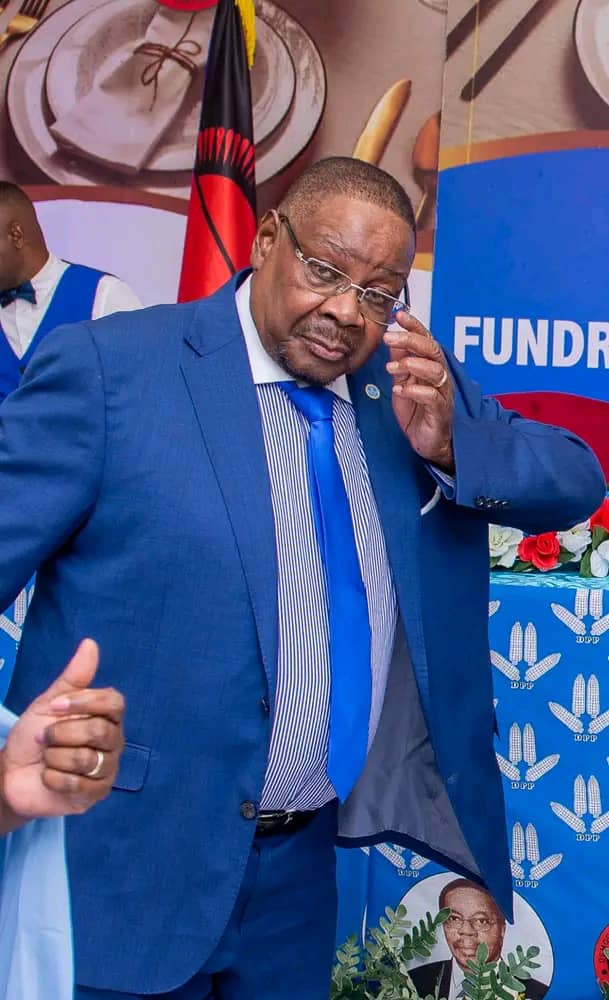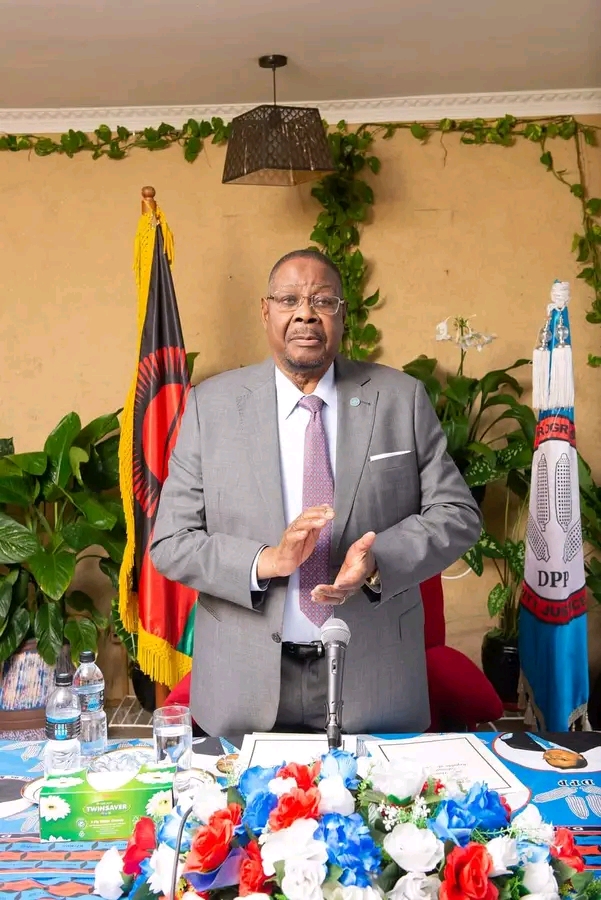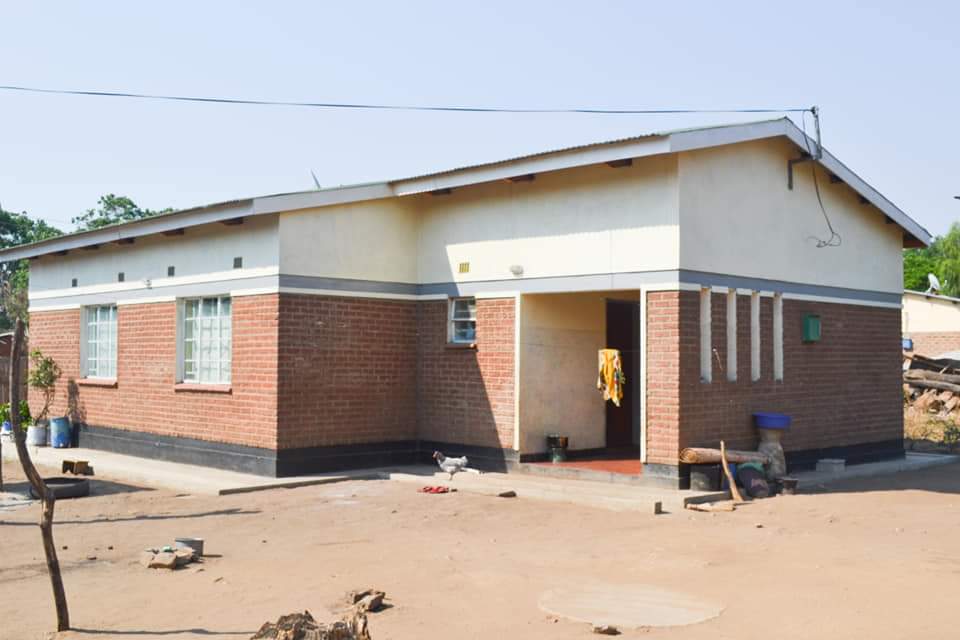Former President Peter Mutharika’s return from South Africa has reignited political discourse in Malawi, not necessarily because of his physical presence, but due to the communication vacuum that accompanied his prolonged absence.
For weeks, the Democratic Progressive Party (DPP) leadership failed to offer clear, timely, and consistent updates on Mutharika’s whereabouts, purpose of stay, or expected return, creating unnecessary speculation and public anxiety.
This lapse in communication not only exposed internal weaknesses within the DPP’s information machinery but also raised questions about transparency and accountability in a party that seeks to govern again.
In the absence of verified information, various narratives emerged — some suggesting ill health, others alleging strategic political calculations — none of which were definitively addressed by official party structures until Mutharika reappeared.
Such gaps undermine public trust, especially at a time when the country is navigating an uncertain political and economic terrain, and voters are increasingly demanding leadership clarity and credibility.
Mutharika’s re-entry into the national spotlight offers him an opportunity — and a challenge — to reshape the narrative not only about his personal intentions but also about the DPP’s readiness to lead Malawi into the future.
To do this, however, he must break from past tendencies of limited engagement and instead embrace open, frequent, and direct communication with the public.
Voters in 2025 will not be swayed by name recognition alone; they are looking for leaders who resonate with their daily struggles, articulate solutions, and present a vision that speaks to inclusion, reform, and economic revival.
If Mutharika is to be taken seriously as a potential candidate — or even as a party kingmaker — he must demonstrate agility in public forums, showing not just political nostalgia but a renewed understanding of today’s realities.
Public confidence is earned not merely by returning from abroad but by confronting tough questions, offering coherent policy positions, and showing the stamina to endure modern-day political scrutiny.
Whether through live press briefings, televised town halls, or social media engagement, Mutharika and the DPP must adapt to a political culture that demands transparency and responsiveness.
The party must also clarify its leadership structure and succession plans to avoid repeating the confusion that surrounded Mutharika’s absence and return.
Ultimately, the question is not just whether Peter Mutharika is back — but whether he, and the party he leads, are ready to reengage with a more skeptical, more informed, and more demanding Malawian electorate.
His next public engagements will serve as a litmus test — not just of his political viability — but of his relevance in a political environment that has dramatically evolved since he left office.
The stakes are high, the expectations even higher. And the time to convince the public starts now — not with staged rallies or nostalgic slogans, but with honest answers and a clear roadmap for Malawi’s future.




